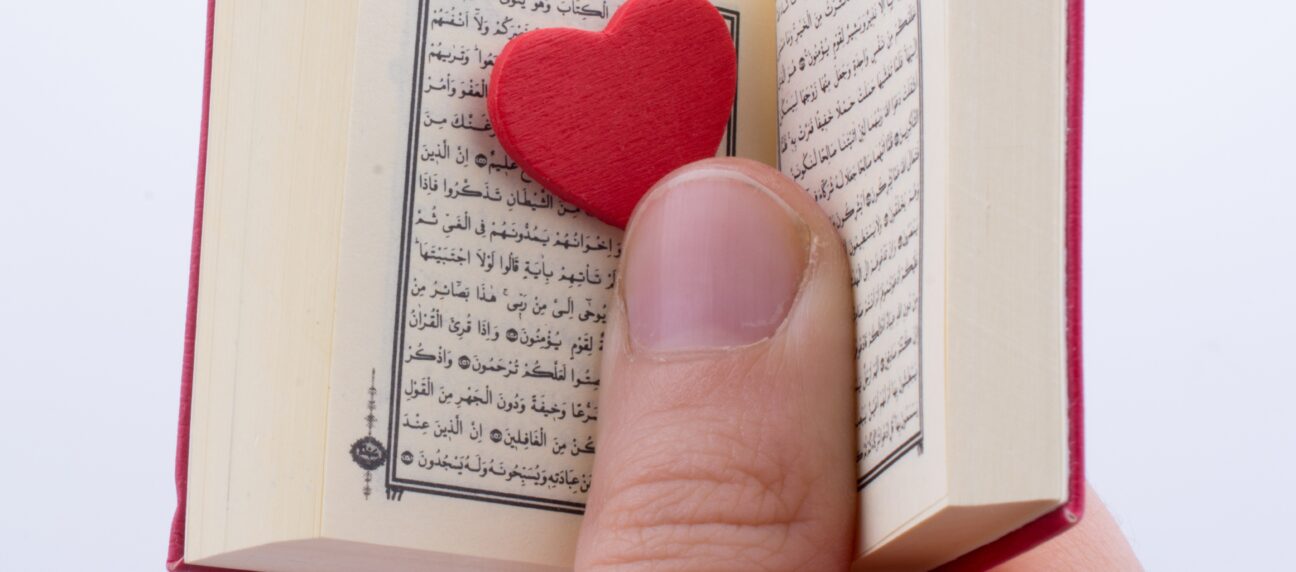Islam has beliefs and practices that shape the lives of over a billion Muslims around the globe. Ever wondered what these core principles are and why they matter so much? This post will break down the fundamental aspects of Islam, giving you clear insights into its teachings and rituals.
Core Beliefs of Islam
Understanding Islam beliefs and practices can give you deep insights into the faith that millions around the world embrace. Central to Islam are several core beliefs that shape the lives of Muslims daily. By exploring these beliefs, you’ll recognize the values and principles that guide their actions and rituals.
The Five Pillars of Islam
At the heart of Islam are the Five Pillars. These five acts of worship serve as the foundation of a Muslim’s faith and practice. Let’s break down each of them:
- Shahada (Faith): This is the declaration of faith. By stating, “There is no god but Allah, and Muhammad is His messenger,” one fully embraces Islam. It’s a simple yet powerful statement that captures the essence of belonging to the faith.
- Salah (Prayer): Muslims are required to pray five times a day. These prayers occur at specific times: dawn, noon, mid-afternoon, sunset, and evening. Each prayer connects the believer to God, reinforcing faith throughout the day.
- Zakat (Charity): This pillar emphasizes giving to those in need. Muslims are to donate a portion of their savings (usually 2.5%) to charity. This act not only helps the community but also purifies one’s wealth.
- Sawm (Fasting): During the holy month of Ramadan, Muslims fast from dawn until sunset. They abstain from food and drink, teaching self-discipline and empathy for those who are less fortunate. This experience fosters gratitude and community.
- Hajj (Pilgrimage): If possible, Muslims are expected to undertake a pilgrimage to Mecca at least once in their lifetime. This journey brings together millions of believers and symbolizes unity among Muslims across the globe.
Belief in One God
The idea of Tawhid, which means the oneness of God, is foundational in Islam. Muslims believe there is only one God, who is merciful and all-powerful. This core belief shapes Muslim prayer, worship, and daily life. It encourages a close relationship with God, reminding followers that everything happens as part of God’s divine plan. Can you imagine how this unifying belief creates a sense of community and purpose among Muslims?
Prophets and Revelations
Prophets play a crucial role in Islam. They are messengers chosen by God to guide humanity. The final prophet is Muhammad, who lived in the 6th century. His life and teachings serve as an example for Muslims today.
The significance of the Quran is immense. It is the holy book in Islam, believed to be the literal word of God as revealed to Muhammad. The Quran provides guidance on all aspects of life, from morality to legal matters. Its verses inspire Muslims daily as they strive to uphold their beliefs and practices.
By understanding these core beliefs, you gain a clearer picture of what it means to live as a Muslim. Whether it’s the structured rituals of the Five Pillars or the deep-rooted beliefs in one God and the prophets, these elements weave together to create a rich tapestry of faith and commitment in Islam.

Islamic Practices in Daily Life
Islam deeply influences everyday life for its followers. From waking up in the morning to going to bed at night, Islamic beliefs shape daily habits and routines. Here’s a closer look at three fundamental practices that help shape a Muslim’s life.
Daily Prayers (Salah)
For Muslims, prayers, known as Salah, play a vital role in their daily routine. Performing the five obligatory prayers connects you with the Almighty and serves as a personal reminder of one’s faith throughout the day. Each prayer offers a structured moment for reflection and devotion.
- Timing Matters: The prayers occur at specific times: before sunrise (Fajr), midday (Dhuhr), mid-afternoon (Asr), after sunset (Maghrib), and night (Isha). This repetition creates a sense of discipline and rhythm in daily life.
- Community and Solitude: Praying in a mosque fosters community spirit, while performing at home offers a chance for personal connection. Each prayer allows you to express gratitude, seek guidance, and ask for forgiveness.
- Concentration: Salah encourages mindfulness. Engaging in prayers requires focus and helps us reset our minds, especially during hectic days.
Whether you’re in a quiet room or a bustling mosque, these moments serve as tiny breaks that connect daily life to your faith.
Fasting During Ramadan
Ramadan is another practice that holds great importance in Islam. During this holy month, Muslims fast from dawn till dusk. This isn’t just about abstaining from food and drink; it’s a spiritual journey with many layers.
- Self-Discipline: Fasting teaches control over physical desires. You learn to overcome cravings, leading to better mental clarity and emotional understanding.
- Spiritual Cleansing: Ramadan is a time for reflection and spiritual growth. The fast urges you to focus on prayer, and kindness while feeling empathy for those who are less fortunate.
- Community Bonding: Breaking fast is often a communal act, known as Iftar. Sharing meals with family and friends fosters connections and strengthens family ties.
Ramadan cultivates a shared spirit, reminding you that you’re part of something bigger.
Charity and Community Support (Zakat)
Charity is a key principle in Islam. Muslims are encouraged to practice Zakat, which is a form of giving aimed at supporting the less fortunate within your community.
- Obligation to Give: Zakat is not just a suggestion; it’s a requirement. Each year, a portion of your wealth is given to those in need, reaffirming the importance of community responsibility.
- Alleviating Poverty: By giving Zakat, you help alleviate poverty and foster dignity among those who may struggle. This act of giving ensures that those in need can support themselves.
- Creating a Safety Net: Zakat contributes to building a supportive community. It fosters a sense of belonging and mutual care among members.
These acts of charity tie your beliefs to your everyday actions, turning ideals into tangible help.
Through practices such as Salah, Ramadan fasting, and Zakat, you can deepen your connection to faith while positively impacting those around you. This way, Islamic beliefs are not just theoretical concepts; they become essential parts of daily life.

Cultural Variations in Islamic Practices
Islam is not just one way of believing; it’s a vivid tapestry woven from many cultures around the world. When you explore Islam beliefs and practices, you discover that how people practice their faith can vary significantly from place to place. This diversity enriches the experience of being Muslim, reflecting the unique traditions, customs, and lifestyles of various regions.
Festivals and Celebrations
Festivals in Islam are a great way to observe how different communities express their beliefs and celebrate together. Two of the most significant festivals are Eid al-Fitr and Eid al-Adha.
- Eid al-Fitr: This festival marks the end of Ramadan and is celebrated with joyous festivities. Families gather for communal prayers, enjoy festive meals, and exchange gifts. The day often begins with a special prayer service at the mosque. Giving to charity is also emphasized, with many people donating to help those in need, making it a time of generosity.
- Eid al-Adha: Known as the “Festival of Sacrifice,” this day honors the willingness of Ibrahim (Abraham) to sacrifice his son. It begins with prayers at the mosque, followed by the ceremonial sacrifice of a goat, sheep, or cow. The meat is divided into three parts: one for the family, one for relatives, and one for the poor. It’s a vivid reminder of sharing and community bonds.
Understanding these festivals allows you to appreciate how they play a vital role in building community ties and expressing faith. Each festival, while rooted in Islamic beliefs, is shaped by local customs and practices, demonstrating a rich cultural heritage across different Muslim communities.
Conclusion
Understanding Islam beliefs and practices helps you appreciate how they shape the daily lives of millions. From the core principles of monotheism to the key rituals like prayer and fasting, these elements define the Muslim faith.
Engaging with these beliefs can foster greater respect and awareness of the diverse world around you. Consider exploring more about Islamic culture or the experiences of the Muslim community in your area.
